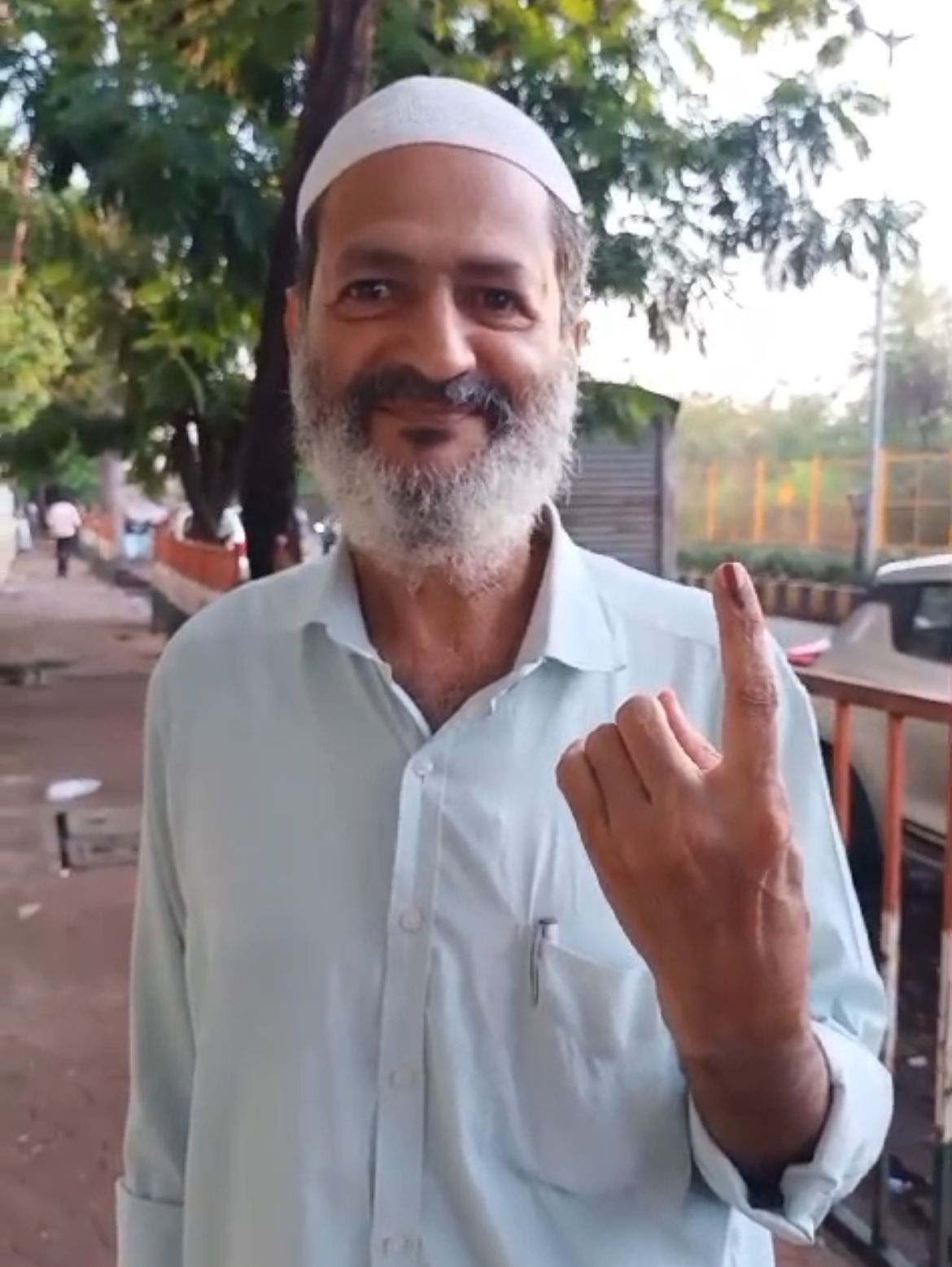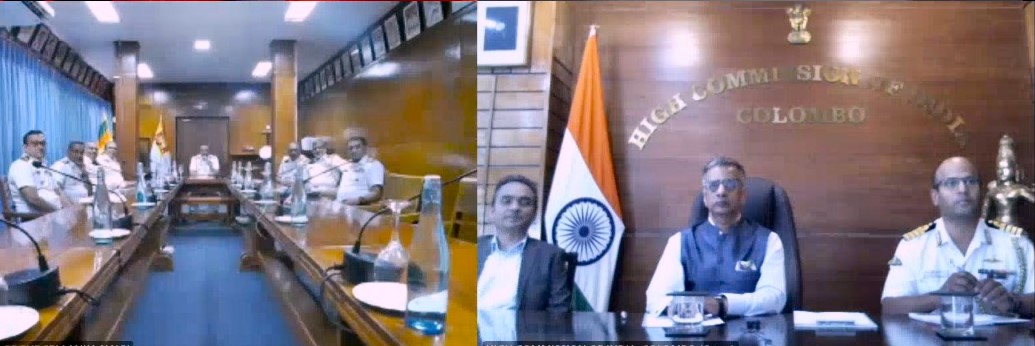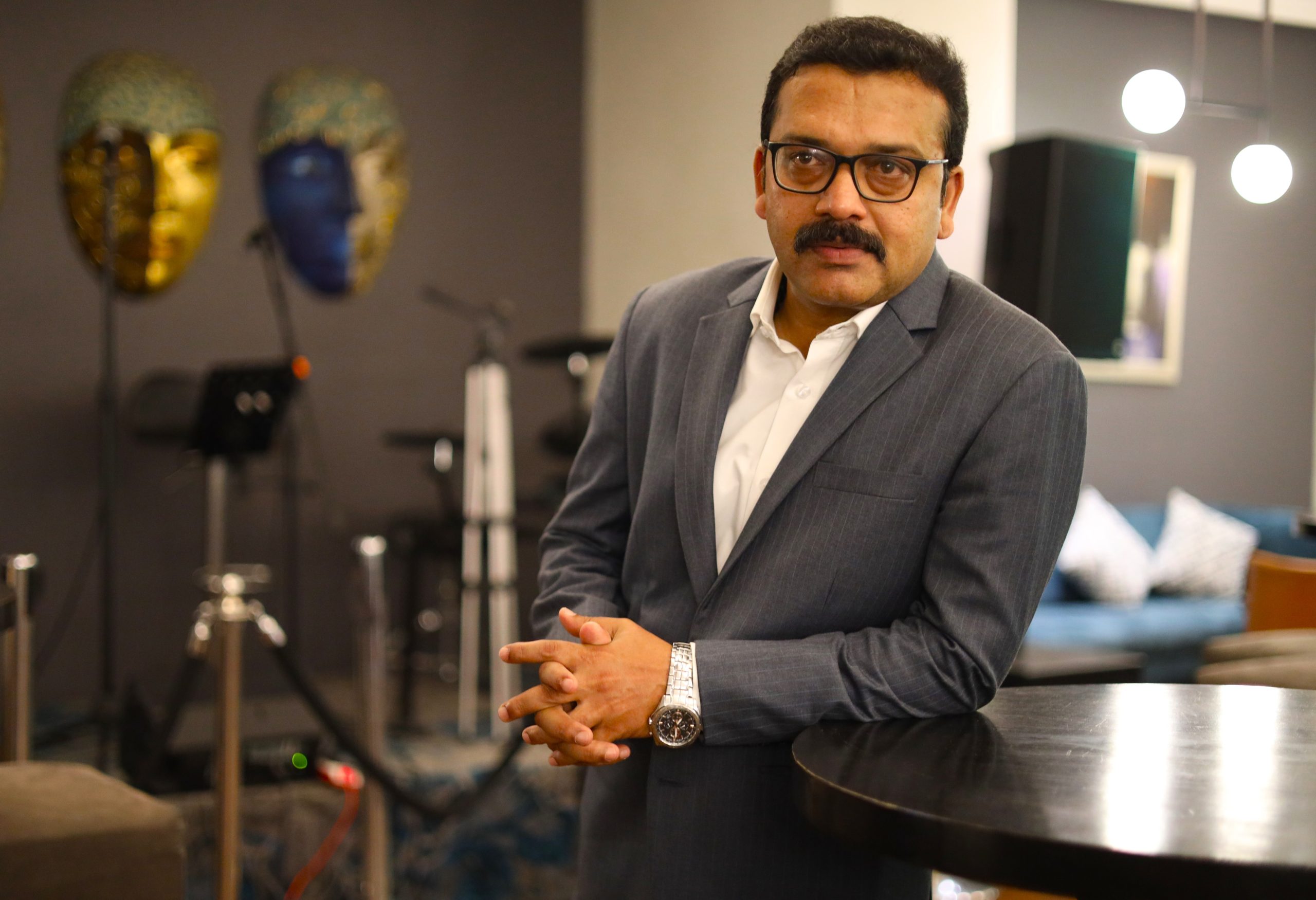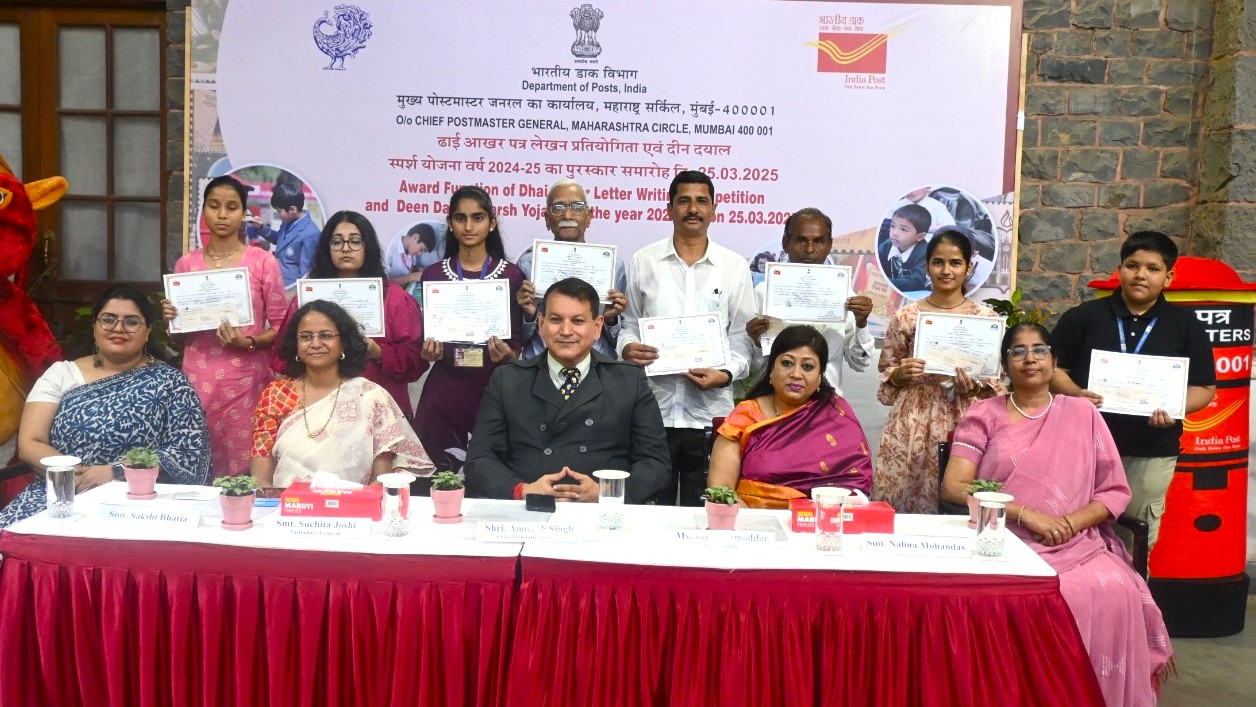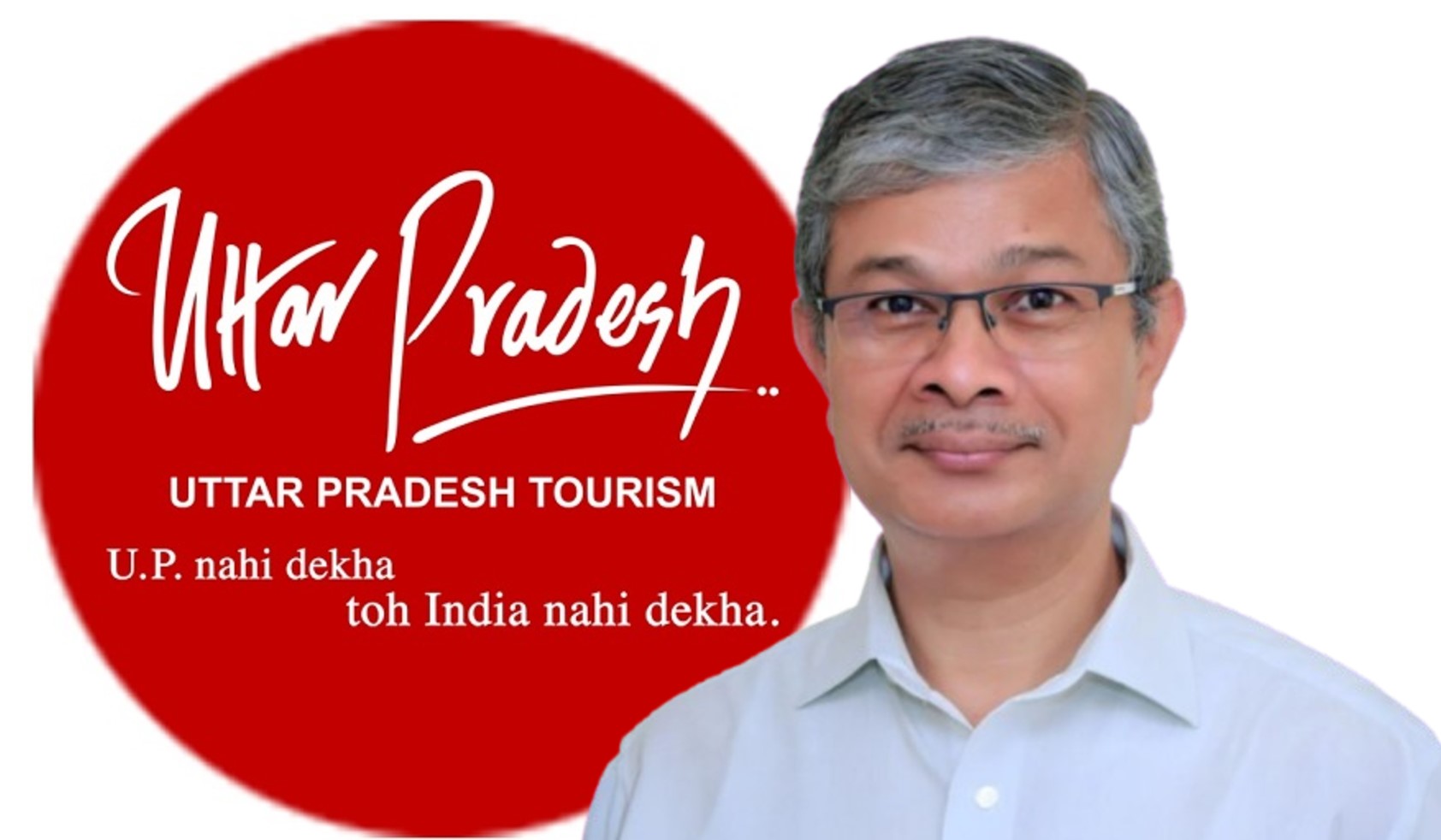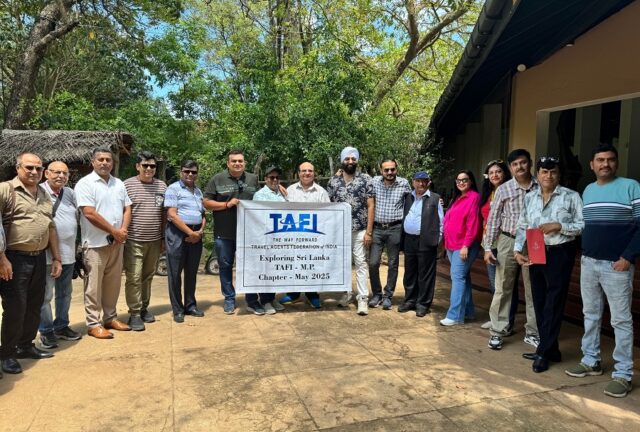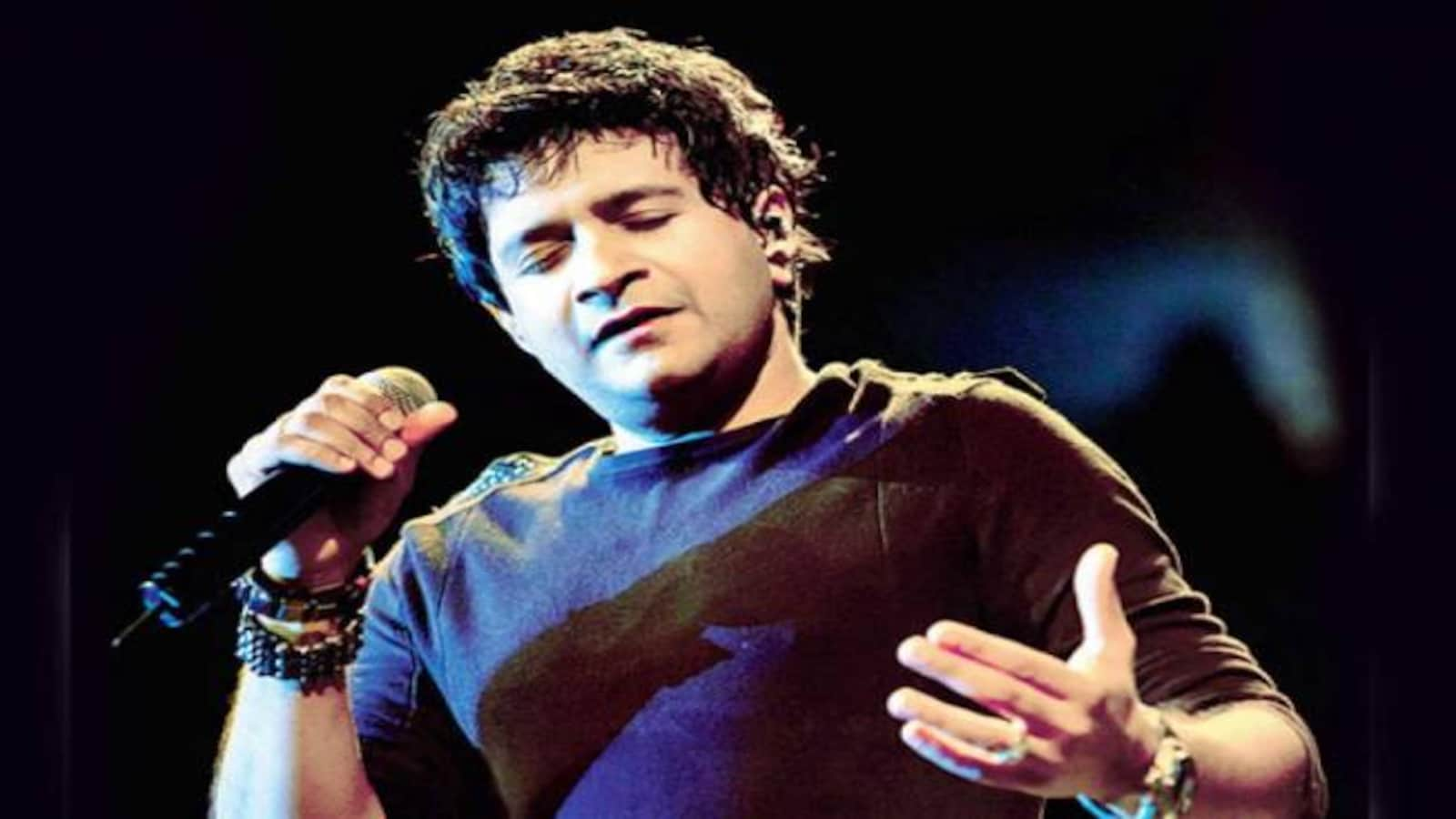Story by Shaikh Shanawaz
*Mumbai, May 12, 2024* – In a historic moment for Indian democracy, Aziz Khatri, a resident of Millat Nagar, became the first individual from his community to cast a vote from home under the special provisions for physically handicapped individuals. This groundbreaking initiative, introduced by Chief Election Commissioner Rajiv Kumar, aims to facilitate electoral participation for citizens aged 85 and above, as well as those with disabilities exceeding 40 percent.
The announcement, made during a press conference outlining the schedule for the upcoming Lok Sabha and assembly elections in four states, highlights a significant shift towards inclusive voting practices. The initiative, which was piloted in select regions during recent assembly elections, is being implemented nationwide for the first time during the Lok Sabha polls.
“We are prepared to facilitate home voting for individuals above the age of 85. Before the nomination process, we will dispatch Form 12 D to their residences to indicate their preference,” Kumar explained.
Aziz Khatri’s participation marks a milestone for Millat Nagar and serves as a testament to the election commission’s commitment to ensuring that every eligible voter, regardless of physical constraints, can exercise their democratic right. On May 12, Khatri cast his vote ahead of the official polling day on May 20, paving the way for others in his community to follow suit.
Despite the option for home voting, Kumar noted that many elderly and disabled voters continue to prefer visiting polling stations, driven by a strong sense of civic duty. “Our observation indicates that the majority of these individuals prefer to visit polling stations owing to their consistent engagement in our democratic process. However, provisions such as volunteers and wheelchairs will be available at polling booths for their convenience,” he added.
This year’s electorate includes an impressive 85 lakh individuals over 85 years of age, 88.4 lakh persons with disabilities, and 21.18 lakh centenarians. With the total number of eligible voters standing at 97.8 crore, this initiative ensures that a significant portion of the population can vote without facing logistical or physical barriers.
The Lok Sabha elections, set to unfold in seven phases starting from April 19, will culminate in vote counting on June 4. This comprehensive approach aims to maximize voter turnout and ensure that every voice is heard in the democratic process.
Aziz Khatri’s participation in the special home voting category not only underscores the effectiveness of the election commission’s new measures but also sets an inspiring example for other eligible voters in Millat Nagar and beyond. As the first to utilize this provision in his community, Khatri’s vote represents a step forward in creating a more accessible and inclusive electoral process for all.
This pioneering move by the Election Commission signifies a landmark moment in India’s democratic journey, ensuring that no voter is left behind. As the nation prepares for the Lok Sabha elections, initiatives like these underscore the importance of inclusivity and accessibility in upholding the democratic values that India cherishes.
Article written by Surjitt Sahani

